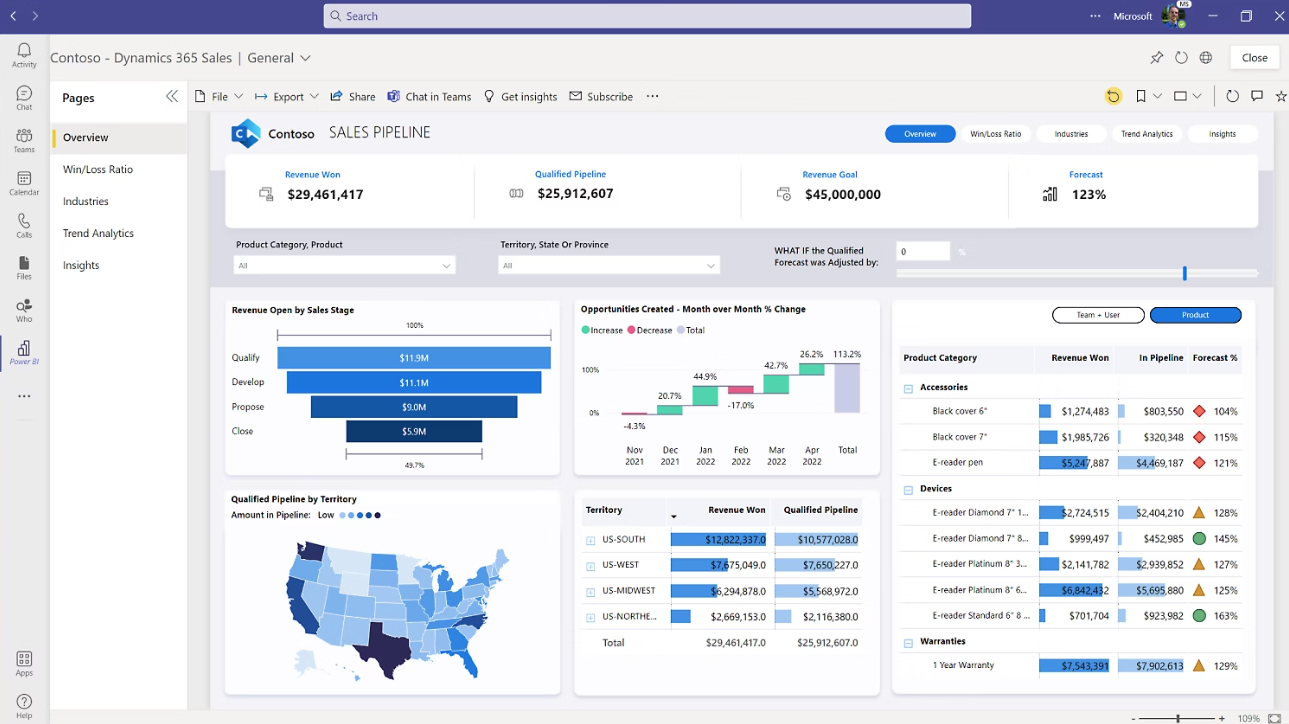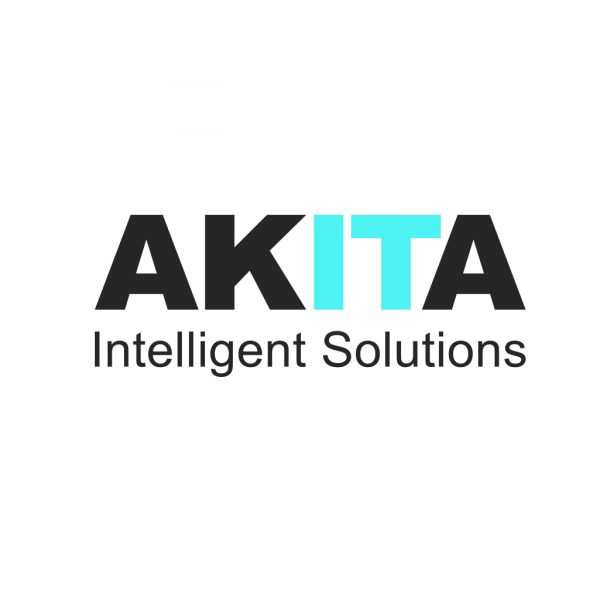For decades, Microsoft Excel has been the go-to tool for data analysis. But as businesses generate increasing amounts of data, the need for more sophisticated analytics has grown.
Enter Power BI, a modern business analytics software designed to handle large datasets, connect to multiple sources, and deliver real-time insights.
So how does Power BI compare to Excel, and when is the right time to upgrade? This data reporting tools comparison breaks Power BI vs Excel to assess key differences and business benefits of each platform.
Excel: A Familiar - Yet Limited - Solution
Excel remains a powerful tool for calculations, basic reporting, and data organisation. However, businesses relying solely on Excel for analytics often face challenges such as:
- Data size limitations – Excel struggles with handling large datasets efficiently, leading to slow performance.
- Manual processes – Data cleaning, transformation, and report generation often require significant manual effort.
- Static reporting – While Excel offers charts and pivot tables, its reporting capabilities lack real-time interactivity.
- Limited data connectivity – Pulling data from multiple sources often requires complex workarounds or third-party tools.
For businesses dealing with growing data volumes and requiring deeper insights, Power BI offers a more advanced alternative.
Power BI: The Next Level of Business Analytics
Power BI is a modern business analytics software that transforms raw data into actionable insights. It provides dynamic reporting, automation, and seamless integration with various data sources.
Unlike traditional reporting tools, Power BI is built to empower organisations with real-time analytics, intuitive visualisation, and AI-powered insights. Businesses can shift from manually updating spreadsheets to automated dashboards that offer a live view of operations.

Key Advantages of Power BI vs Excel
- Connects to Multiple Data Sources
Unlike Excel, which primarily works with static files or databases, Power BI connects to multiple data sources in real time, including:
- SQL databases
- Cloud platforms (Azure, Google Analytics, Salesforce, etc.)
- On-premises business applications
- APIs and web data sources
This enables businesses to create a single source of truth rather than managing multiple spreadsheets.
- Real-Time Data Analysis & Automation
With Power BI, data updates automatically, ensuring businesses always work with the most up-to-date insights. This eliminates the need for manual data refreshes and repetitive reporting tasks.
- Advanced Data Visualisation
While Excel offers charts and graphs, Power BI provides interactive dashboards that allow users to drill down into data, filter reports dynamically, and uncover trends instantly. These reports are accessible from any device, providing business leaders with on-the-go decision-making power.
- Scalability For Growing Data Needs
Power BI is built to handle large datasets efficiently, overcoming Excel’s row and processing limitations. This is especially critical for businesses working with millions of records.
- Enhanced Security & Governance
Power BI includes built-in security features such as role-based access controls, encryption, and compliance tools. This makes it a more secure option for businesses handling sensitive data.
When to Upgrade to Power BI?
If your business relies heavily on Excel but faces limitations in data reporting, it may be time to upgrade to Power BI. Consider making the switch if:
- You need to integrate multiple data sources into a single report.
- Your Excel files are becoming too large and slow to manage effectively.
- You require real-time data analysis instead of static reports.
- You want to create interactive, visually engaging dashboards for decision-making.
- You need automated reporting to reduce manual workload and improve efficiency.
Power BI vs Excel: Final Thoughts
While Excel remains a useful tool for smaller-scale data analysis, Power BI takes business intelligence to the next level. Its ability to integrate multiple sources, provide real-time insights, and automate reporting makes it the ideal choice for businesses looking to enhance their analytics capabilities.
For this reason, organisations looking for agility in the way they operate should really look to Power BI for their data needs.
If your organisation is ready to move beyond spreadsheets and unlock the full potential of your data, Power BI is the solution. Upgrade today and transform the way you analyse and report on business data.
Akita is a leading developer of Power BI solutions. To discuss your requirements please get in touch:





